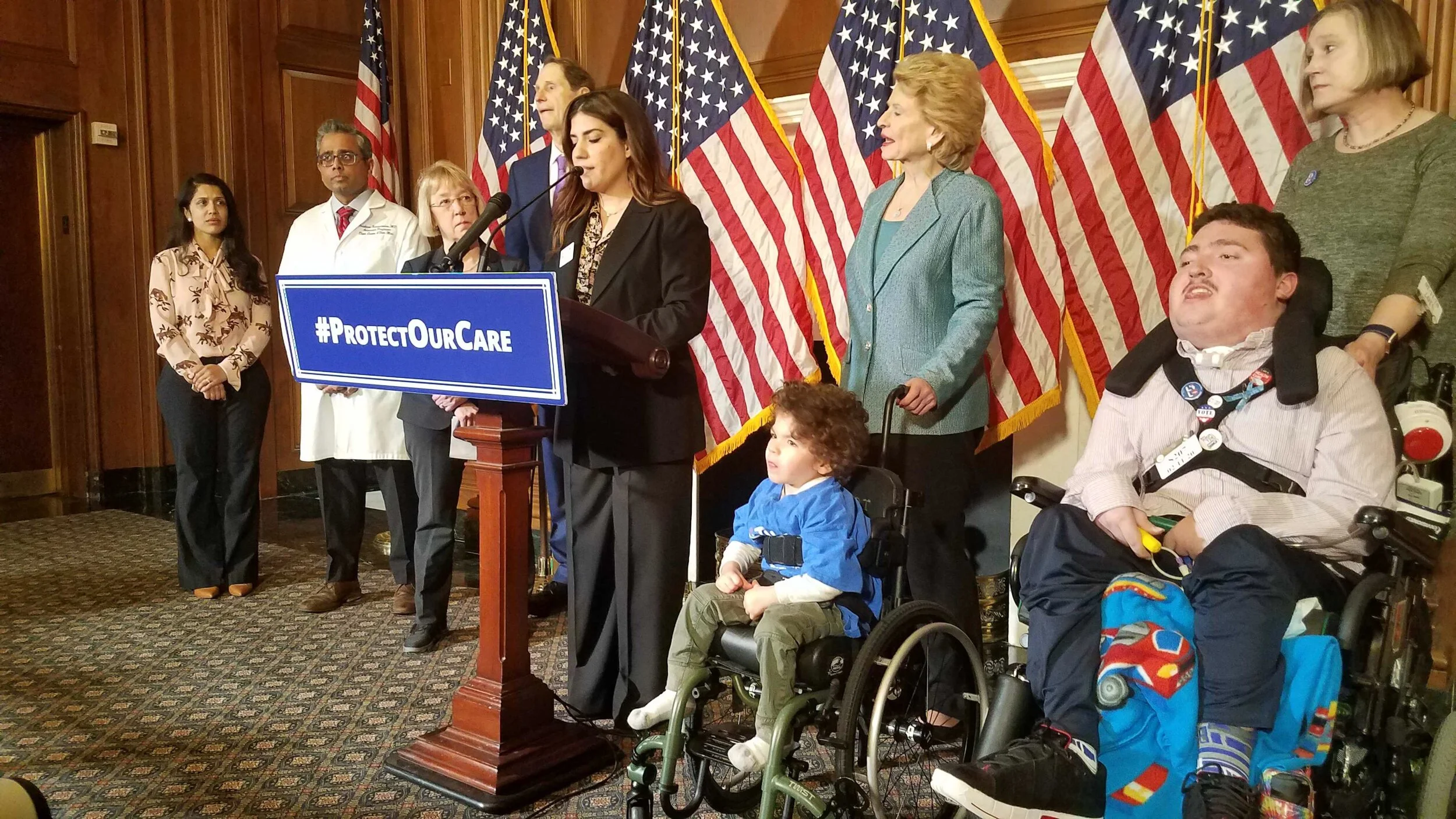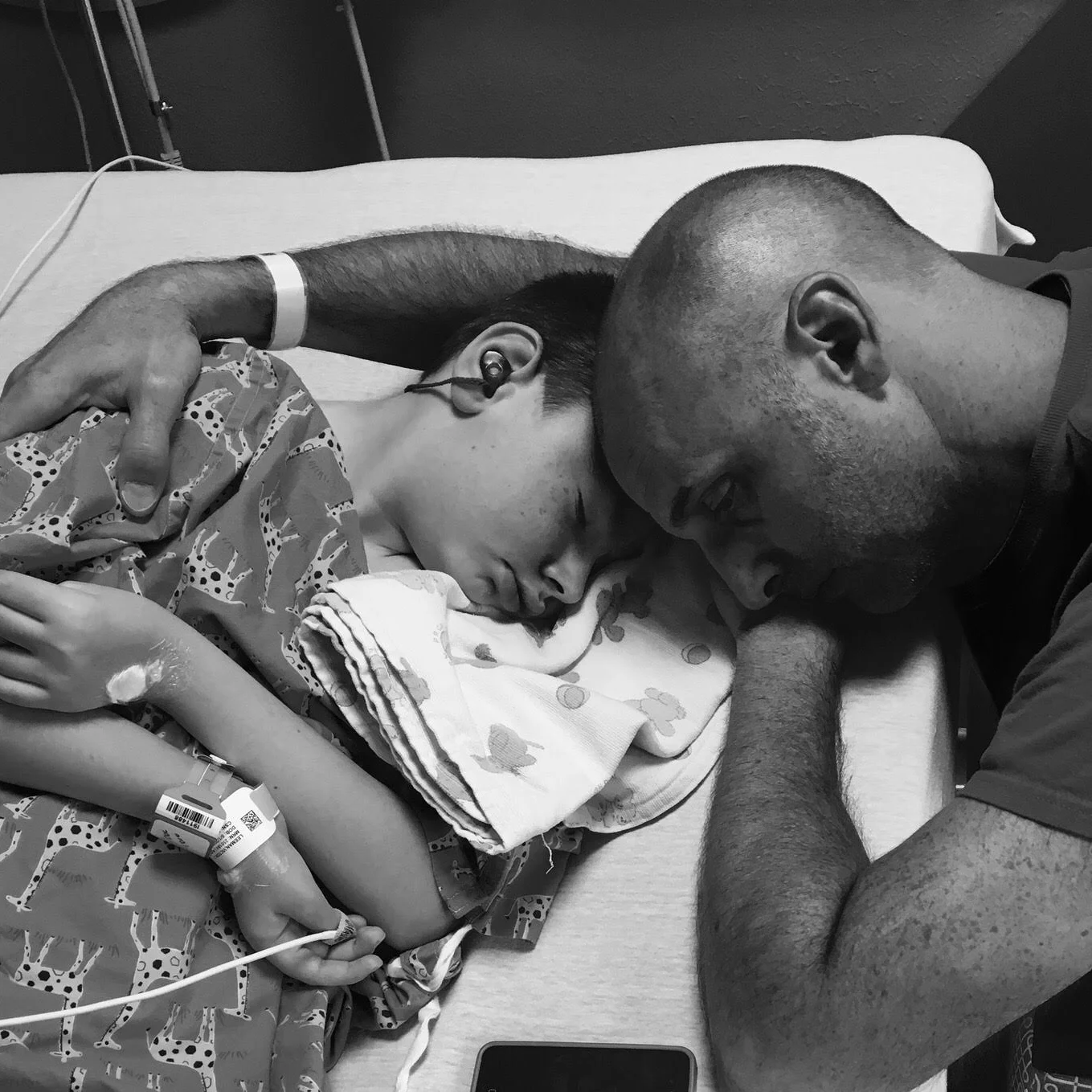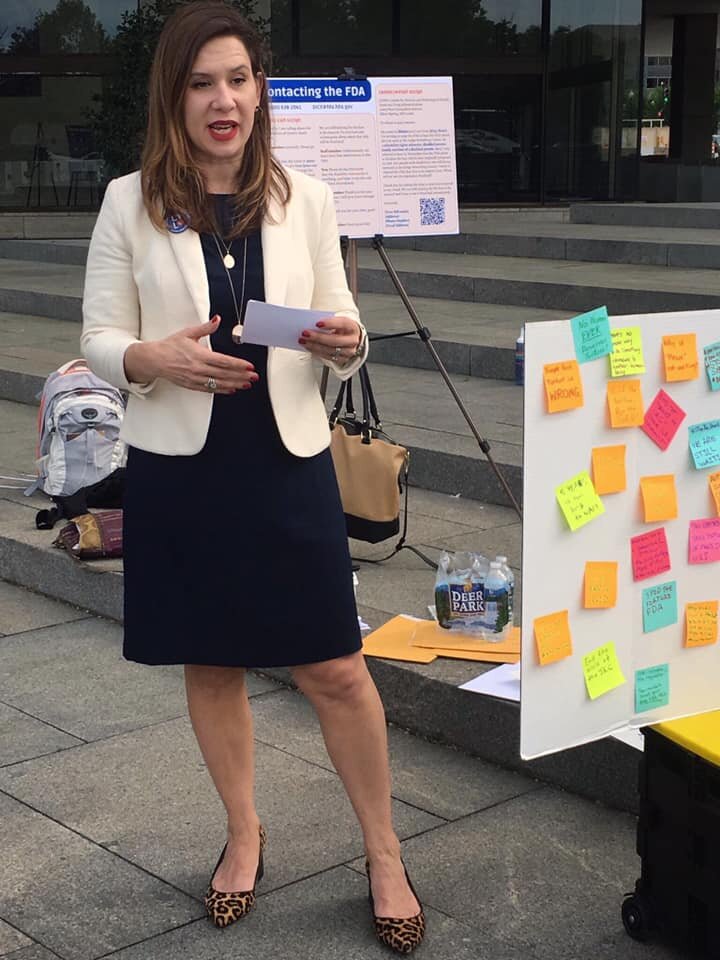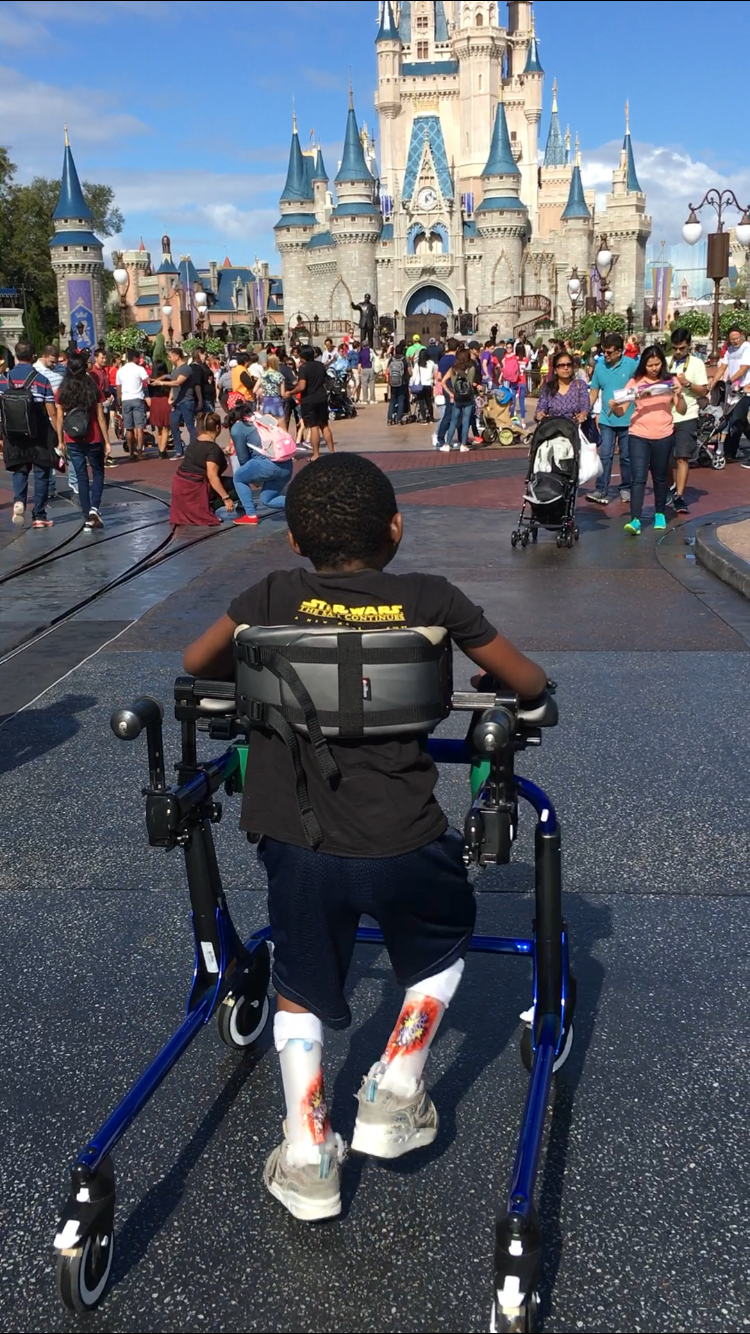** CN: hospice care, loss, sibling loss, grief, death of child, description of child death **
February 3, 2020
I am sitting at the IUPUI campus Starbucks. Well, they don’t call it a Starbucks. They call it “Barnes & Noble Cafe” since it’s in the Barnes & Noble bookstore, but they serve Starbucks coffee, make all the same drinks, and sell all the same Starbucks merchandise. The only real difference is that they don’t take Starbucks gift cards. I tried to pay with one for my grande iced white chocolate mocha and the barista regretfully informed me they cannot accept them since it’s a “Barnes & Noble Cafe.” She proceeded to tell me how sorry she is as often students come in with no payment method besides the gift card. She described a student who came in 30 minutes before me and only had the gift card. She said she paid for his coffee.
She did not offer to pay for mine.
Which is fine. I’m not looking for handouts and I, somehow, have the funds to pay for a $5 coffee. Even so, I wonder if she would have paid if she knew why I am here. What day it is. Why I do all my writing at the “Barnes & Noble Cafe” instead of the comfort of my house not 20 mintues away. How I cannot stand to walk into my own home, quiet and missing its life force.
February 3, 2019
The process of watching my brother die takes longer than I expect. For starters, I never thought he would make it past age one. Here he is at seven, defying the odds. Having no choice but to enter into hospice on January 1st, 2019, I anticipated him to die within a week. Somehow, he stubbornly stayed alive over a month. He spent all seven years of his life proving everyone wrong and it seems he’s going to do that in death too.
It’s the first Sunday of February. We know we have to “pull the plug,” as they say. He’s been unconscious for over 24 hours. The doctor tells us he’s already gone but the ventilator will keep his body going until it becomes painful. It will be better if we turn it off. He will go peacefully.
My family and I gather around him, holding him as we take the final moments. The hospice nurse, doctor, and music therapist stand nearby, as well as one of his personal doctors who made the trip out to be with us. She didn’t have to, but she wanted to because she loves us and, more importantly, she loves my brother.
My brain is buzzing as they say it’s finally time. Shut the ventilator off.
The doctor is supposed to hit the power button. She can’t figure out how. I’m closest and my brain is buzzing, so I hit the power button and the ventilator shuts off and I watch my brother’s lips turn blue and the color drain from his face and the doctor come up with the stethoscope and announce that he’s gone.
The humidifier alarm on the ventilator goes off, a little too late to announce that something is wrong.
No one can figure out how to turn it off either, so I do that too.
The panic sets in immediately. My little brother, my joy, the person I have planned my life around, is gone. He’s gone and he’s never coming back and while I know it’s not my fault, I’m the one who “pulled the plug.”
I hit the button that stopped the air from entering his lungs, that took his body away, that made it so I can never touch his hair or hold his hand or kiss his forehead or hug him tight, tight, tighter.
Just moments after he was born, I began preparing for this moment. I knew he could be taken away at any point, that he was more fragile than a typical person, but that doesn’t mean I can make sense of why or how this is happening. He’s seven years old. He’s too young to die.
His death is the most peaceful thing I have ever seen. He does not stir or jerk or react in any way. Slow, slow, slowly, he passes away. He was already gone by the time I shut the ventilator off. His body was empty of the soul that made him the most incredible, loving child- the greatest brother in the world.
Nothing is left but the shell, but the shell is what I recognize. The shell is what I have played with and kissed and hugged all these years. It’s not easy to say goodbye to the shell.
For the first time in seven years, the house is quiet.
No ventilator breathing in the background of conversation. No feed bag for the GJ-tube quietly whirring if you listen hard enough. No Mickey Mouse Clubhouse blasting from the TV. No laughter. No little legs kicking against a wheelchair. No teeth grinding together. No talking. No communication pad giving a response.
The house is quiet. Too quiet. The world is quiet.
February 3, 2020
The world is loud.
I sit in the not-Starbucks. Impeachment trial updates flash on my phone. The Iowa caucus is underway. Coronavirus takes more victims. Another person tries to pay with a Starbucks gift card...
My brother spent his life fighting his genetics, fighting to live. Every day was a testament to his strength and resolve. Every day he proved this world is worth something. He was not expected to live, but he did so anyway.
I am expected to live.
Despite the pain and emptiness and quiet in my soul, the world goes on. The world remains loud. I can let the pain and emptiness and quiet take me over and drag me away from the world my brother fought to live in, or I can fight. I can be louder.
As the one year anniversary approached, I spent a lot of time thinking about what I want and who I want to be. What do I want to stand for? How do I want to fight in this world that is, apparently, worth fighting for? The answer is still a work in the making, but I know at least a few things. I know, without a doubt in my mind, that I want to make a difference. I want to create a better world for children like my brother. While my power is limited to the few resources at my disposal, I am going to do what I can. I can share my brother’s story and I can encourage others to be heard, to make sure those in power know we will not stop until every little boy and girl gets to live the longest, best life they can.
I will stand for health care rights so people like my brother can have the treatment and care they deserve. My brother may have been the most stubborn little boy I have ever met, but that resolve alone would not have been enough to keep him alive. Without access to health care and the wonderful doctors, nurses, therapists, and teachers who took care of and provided for him, he would not have survived seven years.
The Trump administration recently unveiled its latest plan for Medicaid, Healthy Adult Opportunity, which would turn the program into a block grant. By doing this, states would no longer have the federal commitment to serve eligible individuals and families, leaving millions without healthcare. Under the block grant program, states would have the right to cut several benefits, including coverage for prescription drugs, copays, and treatment services.
Currently, 1 in 5 Americans are covered by Medicaid, including 45 million children. One child being negatively impacted by this plan is too many, but the consequences can easily reach millions. Medicaid is essential for people like my brother to survive and function. Having a special needs child is stressful enough on its own; no family should have the added struggle of wondering how they will afford necessary healthcare and services.
With the upcoming election, I beg you to stay informed of the policies at play. What are the candidates saying? Do they have the interest of the American people at heart? Do you want someone in office who will take funding away from programs that help children thrive and survive?
I certainly don’t.
It’s February 3, 2020, and my brain is still buzzing. My brain is buzzing because the fight is not over. My brother showed me this world is worth fighting for. Children with disabilities are worth fighting for. I will fight and I will be heard and I will not stop until those with disabilities have the rights they deserve.
Call your representatives. Post your stories. Vote in the election.
Be louder than this loud, loud world.













![[image description: Little Lobbyists mom and director of operations, Tasha Nelson, speaking at the podium of a press conference for affordable pharmaceuticals.]](https://images.squarespace-cdn.com/content/v1/59d8124080bd5eadd869b8b7/1570982613972-N1LIBT0JYAWQLAQXFZNU/Tasha+at+the+podium+of+a+press+conference+for+affordable+pharmaceuticals)



































